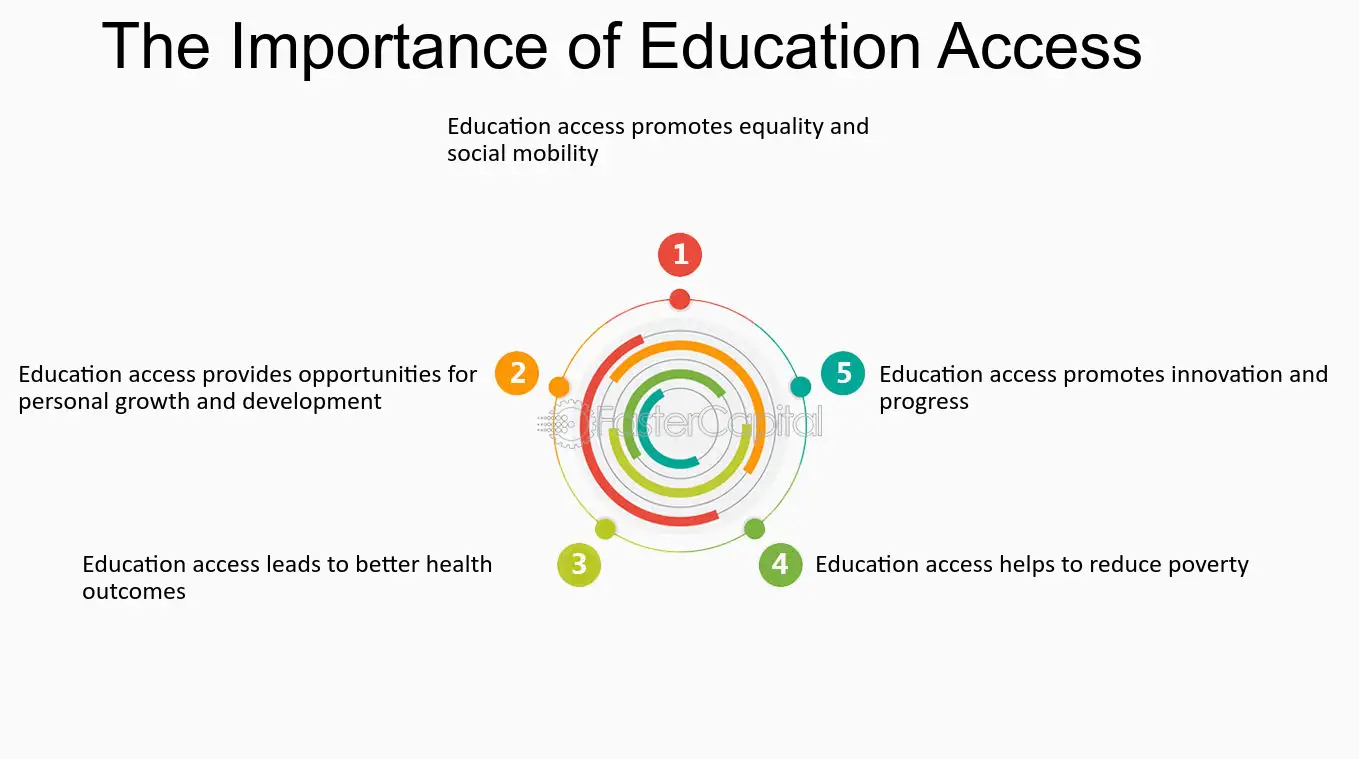Education has always been a fundamental pillar of society, shaping individuals and communities alike. It is through education that we acquire knowledge, develop critical thinking skills, and unlock a world of possibilities. Education is not only essential for personal growth but also plays a pivotal role in creating a prosperous and harmonious society. In this article, I will delve into the importance of education, its benefits, and the various types available. We will explore the power of lifelong learning, the impact of education on career opportunities and communities, as well as the challenges it faces and how to overcome them.
The Importance of Education
Education is the key that opens the doors to knowledge and understanding. It equips individuals with the necessary skills to navigate through life and make informed decisions. Beyond the acquisition of knowledge, education fosters critical thinking, problem-solving, and creativity. It empowers individuals to question the world around them, challenge existing norms, and contribute to the betterment of society. Education is not limited to formal institutions; it encompasses both formal and informal learning experiences that shape our worldview and enrich our lives.
The Benefits of Education
Education brings numerous benefits, both on an individual and societal level. For individuals, education opens up a world of opportunities. It enhances employability, increases earning potential, and paves the way for personal fulfillment. Education fosters personal growth by nurturing curiosity, self-reflection, and self-discovery. It instills a sense of confidence and empowers individuals to pursue their passions and dreams.
On a societal level, education is the foundation for progress and development. It cultivates active and engaged citizens who contribute positively to their communities. Education is a catalyst for social mobility, breaking the cycle of poverty and inequality. It promotes social cohesion, tolerance, and understanding among diverse groups. Education is not only an investment in individuals but also an investment in the future of society as a whole.
Education and Personal Growth
Education is a lifelong journey that extends far beyond the confines of formal schooling. It is a continuous process of personal growth and self-improvement. Through education, we acquire new skills, broaden our horizons, and deepen our understanding of the world. Education encourages us to explore our passions, develop our talents, and pursue our dreams. It challenges us to think critically, question assumptions, and seek knowledge beyond what is readily available. Education is a transformative force that empowers individuals to become the best version of themselves.

The Role of Education in Society
Education plays a vital role in shaping society and fostering its progress. It equips individuals with the skills and knowledge necessary to actively participate in the social, economic, and political spheres. Education promotes democratic values, citizenship, and social responsibility. It instills a sense of civic duty and encourages individuals to contribute positively to their communities. Education is the cornerstone of a well-functioning society, providing the tools for individuals to navigate and thrive in an ever-changing world.
Different Types of Education
Education comes in various forms, catering to different needs and aspirations. Formal education, provided by schools, colleges, and universities, offers structured learning experiences leading to academic qualifications. Informal education, on the other hand, encompasses learning that occurs outside of formal institutions, such as through self-study, online courses, workshops, or community-based programs. Non-formal education combines elements of both formal and informal education, offering flexible learning opportunities to individuals of all ages. Each type of education contributes to personal growth and development in its own unique way.
The Power of Lifelong Learning
Lifelong learning is a concept that emphasizes the importance of continuous education throughout one’s life. It recognizes that learning does not end with formal schooling but is a lifelong journey of personal growth. Lifelong learning promotes adaptability, resilience, and the acquisition of new skills in response to changing circumstances. It encourages individuals to stay curious, embrace new challenges, and remain engaged in the pursuit of knowledge. Lifelong learning is a powerful tool that empowers individuals to thrive in an ever-evolving world.
Education and Career Opportunities
Education plays a pivotal role in shaping career opportunities. It equips individuals with the necessary skills and qualifications to enter the job market and pursue their desired professions. Education enhances employability by providing individuals with industry-specific knowledge, practical skills, and a solid foundation for professional growth. It opens doors to a wide range of career paths, enabling individuals to explore their passions and contribute meaningfully to their chosen fields. Education is a stepping stone towards a fulfilling and rewarding career.
The Impact of Education on Communities
Education has a profound impact on communities, shaping their development and well-being. It fosters social cohesion, promoting understanding and respect among diverse groups. Education empowers individuals within communities to actively participate in social and economic activities, leading to collective progress. It equips communities with the knowledge and skills necessary to address local challenges, promote sustainable development, and improve quality of life. Education is a powerful catalyst for positive change at the community level.
Challenges in Education and How to Overcome Them
While education holds immense power, it faces various challenges that hinder its reach and impact. Access to quality education remains a significant challenge in many parts of the world, particularly in marginalized communities. Inadequate funding, lack of infrastructure, and limited resources impede the delivery of quality education to all. Additionally, educational disparities based on gender, socioeconomic status, and geographic location further exacerbate inequalities. To overcome these challenges, it is crucial to prioritize education in policy-making, invest in infrastructure and resources, and promote inclusive and equitable educational opportunities for all.
